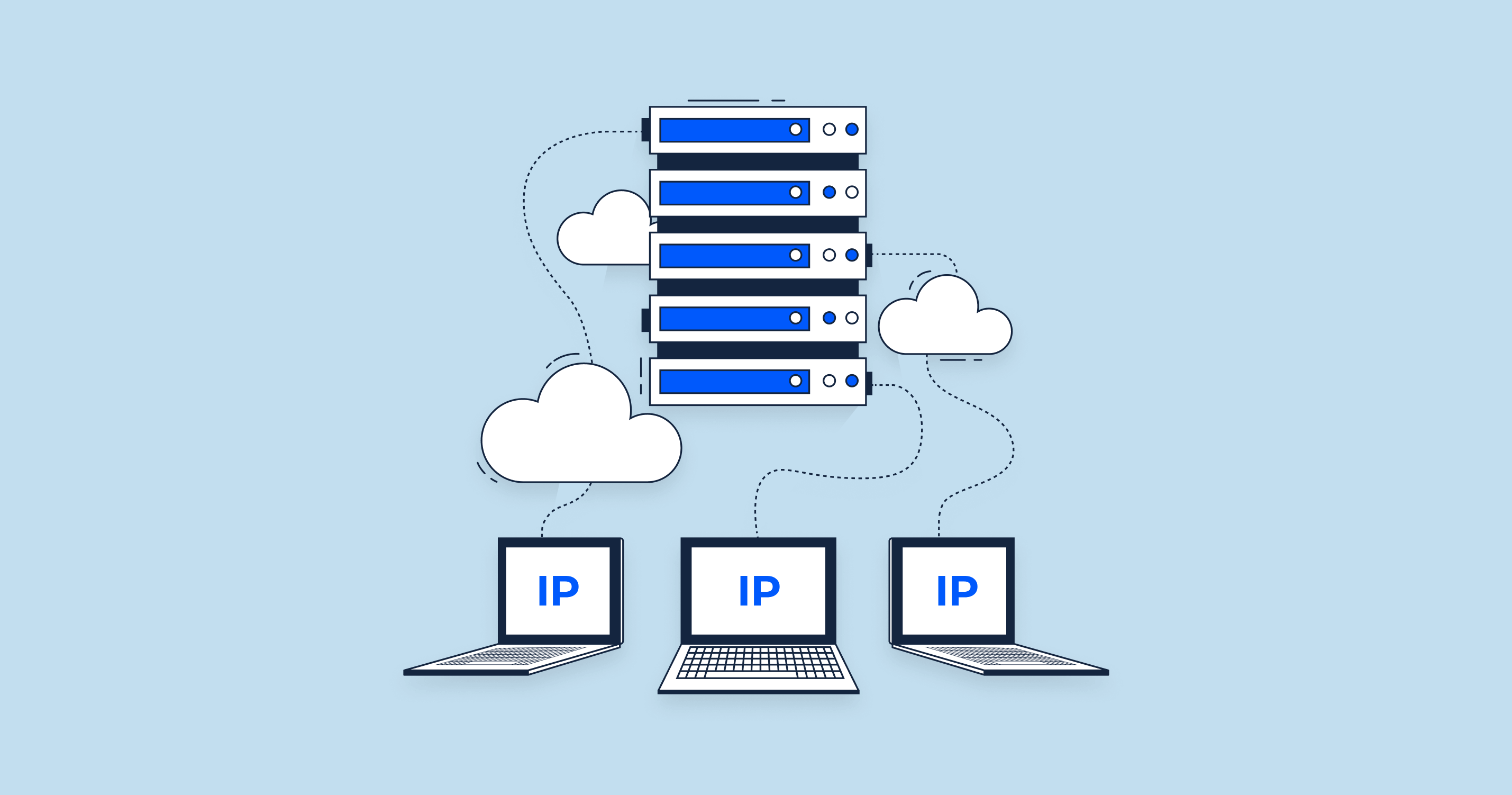What is a DHCP Server?
A Dynamic Host Configuration Protocol (DHCP) server is a crucial component of modern networking, automating the assignment of IP addresses and network configurations to devices within a network. This eliminates the need for manual configuration, reducing errors and administrative overhead.
What is a DHCP Server?
A DHCP server is a network service that dynamically assigns IP addresses to connected devices (clients). This ensures that devices can communicate effectively without IP conflicts. DHCP servers also provide additional configuration information, such as default gateway, subnet mask, and DNS server addresses.
How Does It Work?
The DHCP process follows a four-step sequence known as DORA:
- Discovery: The client broadcasts a request for an IP address.
- Offer: The DHCP server responds with an available IP address.
- Request: The client accepts the offered IP address.
- Acknowledgment: The server confirms and finalizes the lease of the IP address.
This cycle ensures efficient and automated network management.
Some Benefits
- Automated IP Assignment: Eliminates manual IP configuration, reducing human errors.
- Efficient IP Management: Prevents IP conflicts and optimizes resource usage.
- Scalability: Easily accommodates network growth.
- Centralized Network Configuration: Ensures consistent settings across all devices.
- Enhanced Security: Provides control over network-connected devices.

Types of DHCP Implementations
- DHCP on Routers – Many home and small office routers have built-in DHCP capabilities to manage local devices.
- Dedicated DHCP Servers – Enterprise networks often use dedicated DHCP servers for improved performance and reliability.
- Cloud-Based DHCP Services – Modern cloud-based solutions offer scalable DHCP services, often integrated with other network management tools.
Common DHCP Server Software
- Windows Server DHCP – A built-in service in Windows Server operating systems.
- ISC DHCP Server – A widely used open-source DHCP solution for Linux/Unix.
- Cisco DHCP Server – Found in Cisco networking devices for enterprise solutions.
- Dnsmasq – A lightweight DHCP server for small-scale deployments.
Best Practices for DHCP Server Management
- Define Proper Lease Time: Short lease times for dynamic environments, long lease times for static environments.
- Use DHCP Reservations: Assign fixed IPs to specific devices where necessary.
- Monitor and Audit Logs: Track IP assignments and detect anomalies.
- Enable Security Measures: Restrict unauthorized access to the DHCP server.
Conclusion
A DHCP server simplifies network management by automating IP address allocation and configuration. Whether in a home network, enterprise environment, or cloud-based infrastructure, implementing a well-managed DHCP server ensures efficiency, security, and scalability. Investing in the right DHCP solution and following best practices will help maintain a seamless and optimized network environment.